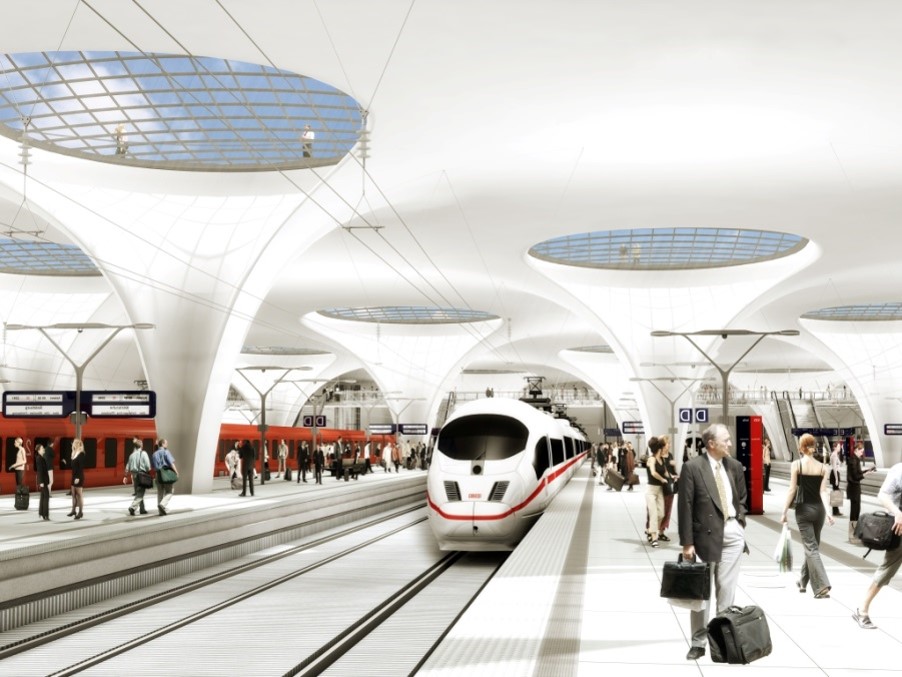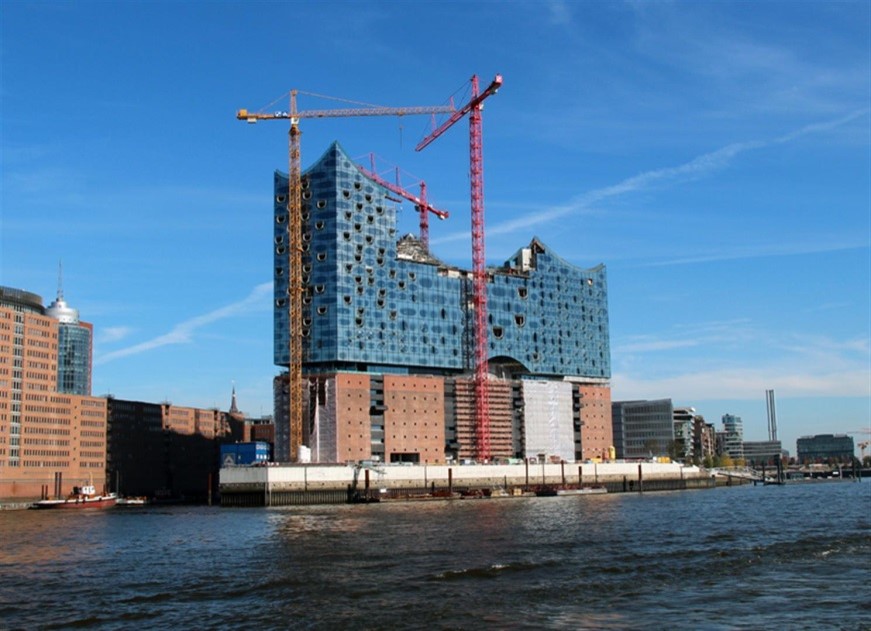This statement sounds hard at first sight, but the impacts always are accompanied by burning very much (tax) money. My experiences and looks behind the scenes of political projects however have shown:

- Mega projects like Nürburgring, BER, Stuttgart 21, Elbphilharmony or Selling Hahn Airport are always rather driven by political (e.g. self-profiling) than economic interests. Sometimes they even serve only to damage another project from a political opponent, or actually, like the mega real estate deal Stuttgart 21, (private) economical motives…
- If the responsible politicians, claiming to be poor but sexy, even propagate that cost increases of 50% and more were “completely normal” with such projects, it is going to be a self-fulfilling prophecy.
- The causes are already with the approval process: To launch the project through the boards cost needs to be calculated down and benefits nice. It is totally clear from the beginning that after approval in the political committees the majority of ignored cost needs to come on top again – self cheating and betraying the tax payers!
- Public projects have a planning and preparation phase lasting years or even decades. During this span of time political actors may change many times, and with them their political interests. This usually comes with deep impacting project scope changes, completed work not seldom ends up on the dumping grounds of history, planning becomes obsolete, contracts must be cancelled with expensive annulment contracts, new expert judgments to the new interests are mandated and contracts to new beneficiaries awarded.
- While all tenders are strictly following the processes (e.g. VOB) all responsible players are watching to cover their backs. After the assignments are done they are out of the responsibility, the contractors have free rein – mostly without any control by the project owner, merely rather from the media…

- If then, as happened with BER, a planning office particularly engaged for overall project steering addresses the mistakes made and re-calculates, these project managers are fired in fear of transparency and the trades are left alone with upcoming, uncoordinated dynamics. At the Elbphilharmony the Prime Major pulled the emergency break and appointed the main supplier for general contractor granting a generous fix price of necessity. Thus finally an economical interest returned into the project and it was completed – expensive but admittedly beautiful !
The last topic also shows that there is – understandably – very few interest in transparency at political projects. That means that it is not allowed to address the issues’ root sources in such projects. That is why they cannot be recovered, and we always can only hope that political pressure increases fast enough until, as in Hamburg, politicians must put an end to the expensive madness. But Lessons Learned for the future are not to be expected where it is not the own money to loose…
Read more Lessons Learned…
